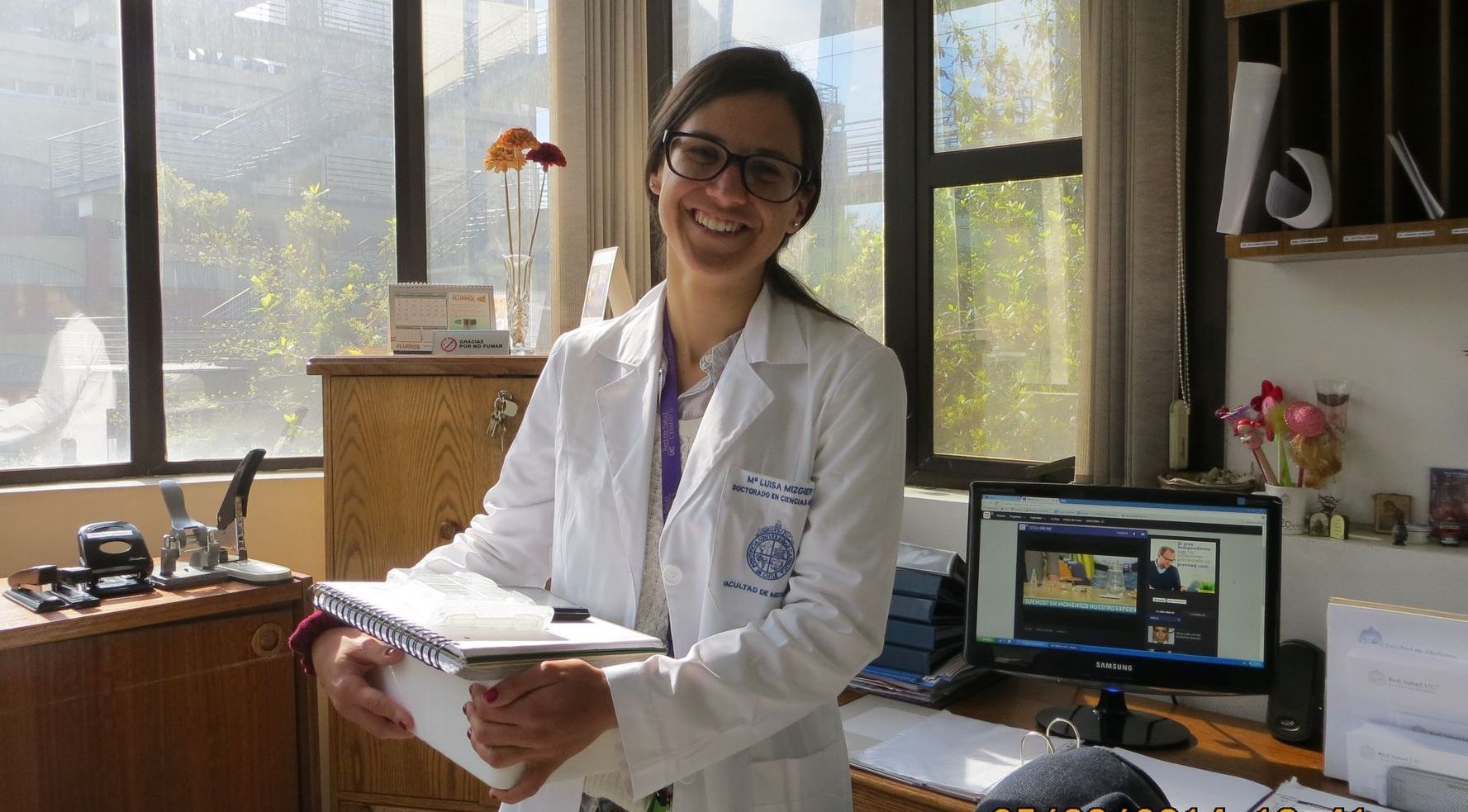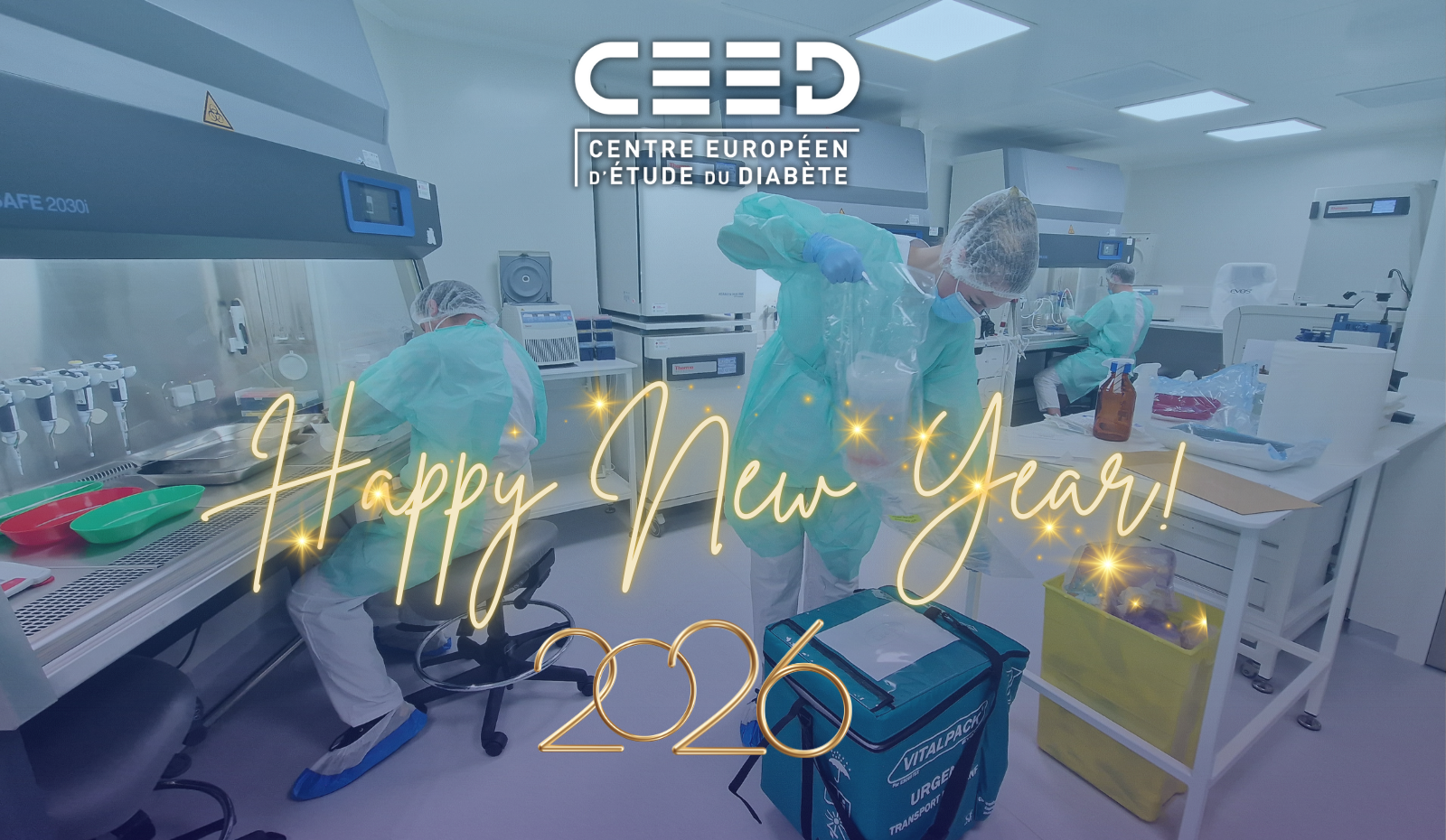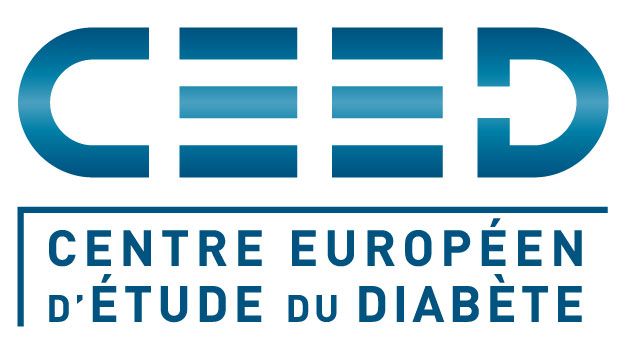The European Union distinguishes CeeD through Maria Sklodowska-Curie Excellence Grant
European Program for HORIZON Research Innovation 2020

CeeD anounces the obtention of the European grant “Marie Sklodowska-Curie” for its laboratory. This grant will allow the coming of a high level researcher and thus accelerate CeeD research work on the understanding of diabetes’ cellular mechanisms and more particularly on the link between physical exercise and diabetes.
After a thorough evaluation of
“Exodia” file presented by CeeD, the European Union awarded it the
« Individual fellowships - Actions Marie Skłodowska-Curie » grant,
Grant Agreement N°753670,
to contribute to the development of its new research program
Exodia.
Amounting to almost 200 000 €, this grant is intended mainly to the recruitment of a high level researcher coming from an international laboratory. From the
“Scientific Excellence” part of the “Horizon” Research Innovation Programme 2020,
that grant is allocated by a jury of international experts according to four criteria: the scientific quality of the project, the excellence of the host institute and of the candidate-researcher but also on the potential impact in favour of the European competitivity.
In this context, CeeD will host, beginning of 2018, Doctor Maria Luisa Mizgier from the Pontifical University Catholic of Santiago de Chile. Graduate of a PhD with very honourable mention, and after a career path carried out within prestigious laboratories, notably in Paris, Geneva but also Harvard, this French-Chilean researcher will join CeeD for an initial period of 2 years to develop the Exodia project.
Exodia, at the heart of a major public health issue
Diabetes results from an insufficient or misuse of insulin, hormone produced by the pancreas. This chronic disease develops in response to several factors, of which sedentary status (In the case of type-2 diabetes, which represents 90% of diabetes cases worldwide according to OMS/WHO). On the contrary, an adapted physical activity is described as one of the most efficient means of prevention and treatment for all diabetes.
Pioneer in the field, the Dr Karim Bouzakri, CeeD Reasearch Director, having himself been distinguished with Marie Sklodowska-Curie Grant, had updated and proved the existence of a real communication between the muscles and the pancreas. Those research work are now one of the main research axis of CeeD:
“Crosstalk communication between the muscles and the pancreas”.
Thanks to Exodia, CeeD will now be able to accelerate its research and:
- decipher the communication mechanisms between the muscles and the pancreas at a cellular level to explain the benefits of physical exercises on diabetes and on its prevention;
- ultimately, rethinking the therapies through physical exercise and develop innovative drug solutions against diabetes miming the effects of physical activity in a pharmacological manner.
CeeD's research, a growing international influence
Exodia project is part of a collaboration strategy initiated by CeeD with different European and worldwide laboratories of excellence working around its thematic “Crosstalk communication between the muscles and the pancreas”. Among its partner: Tokohu University (Sendai, Japan), London Imperial College, CarMeN institute (Lyon, france), the German Diabetes Center (Düsseldorf, Germany), the Center of Inflammation and Metabolism (Copenhagen, Denmark) or also Lausanne University (Switzerland).
Strengthening CeeD direction more than ever turned to international, this grant of excellence will also help to promote inter-laboratories mobility and technics sharing in favour of the CeeD research work.
At time when global diabetes growth projections remain extremely worrying, and given its dramatic impact on population health and the economic weight of the disease, the CeeD research contributes to fight against this global pandemic.
For the Professor Michel Pinget, founding president of CeeD and professor emeritus of Strasbourg University:
“This consequent financial engagement highlights the trust and the interest of the European commission to our team and to the research carried out in our laboratory.
Diabetes turns out to be a more complex disease compared to what the scientific community believed. Thus, eventhough the pancreas is at the heart of the disease, it is not the only organ involved. It interacts with different organs through signals ant it is through these signals that we will cure diabetes. Exodia project therefore fits perfectly to this new way of thinking about this disease. And its financing will participate to give to our researchers the necessary means to pursue their work and to transform the research to concrete therapeutics for the patients, even in prevention!”
Diabetes pandemic, worrying figures
- While it did concern around 108 million of people worldwide (800 000 in France) in 1980, diabetes affects today more than 420 million of persons in the world (around 5 million in France). Not forgetting the diabetic persons non-diagnosed, which represent among 800 000 in France, including around 180 000 in Alsace: in practice, 1 adult out of 10 is concerned by diabetes, or will be in a foreseeable future. And among those chronic diseases, the specialists plan an increase of about 12% of diabetes cases between 2015 and 2020…
- The real consequences of diabetes and its complications are still poorly known or misunderstood. Yet beyond the disease itself, the diabetes exposes its patients to severe complications (amputation, blindness, end-stage renal failure, myocardial infarction or stroke…)
- Every 6 seconds, 1 person dies of diabetes in the world:
According to OMS, diabetes is the third factor of early mortality in the world, after blood pressure and smoking.
- The cost of diabetes for the society naturally reflects the severity of this chronic disease: it represents 5 to 20% of the health budget in developed countries (12,5% in average).




